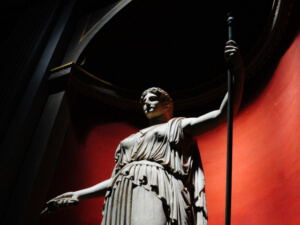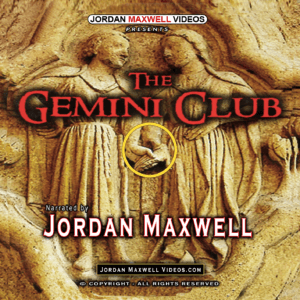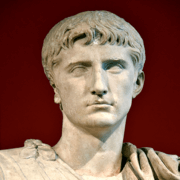The Archons of Athens

The Archons of Athens
The Archons of Athens played a crucial role in shaping ancient Greek society. Explore their duties, powers, and influence in this comprehensive article that dives deep into the history of these pivotal figures.
Archons, Athens, ancient Greece, political leaders, ancient history, Greek society, government, Athenian politics, political structure, Greek democracy
Introduction to the Archons of Athens
The leaders of Athens were crucial figures in ancient Greek society. Their roles and duties were central to the political and legal systems that laid the foundation for modern democracy. In this article, we will explore the history, functions, and significance of the Archons in Athens, focusing on how their governance influenced the city’s evolution.
What Were the Archons?
The word archon translates to “ruler” or “leader” in Greek. In Athens, the Archons were high-ranking public officials who managed political, legal, and religious matters. Though initially monarchs, their role evolved as Athens transitioned towards democracy.
In total, there were nine Archons, including key figures such as the Archon Eponymous, Archon Basileus, Polemarch, and six Thermotherapies.
The Different Types of Archons and Their Duties
- The Archon Eponymous
The Chief Archon oversaw the city’s legal and political functions. This individual represented Athens at public events and handled civic matters like justice and festivals. - The Archon Basileus
Tasked with religious duties, this Archon supervised public ceremonies, sacrifices, and festivals dedicated to the gods. The position was crucial during significant religious events such as the Panathenaic Festival. - The Polemarch
Responsible for military affairs, the Polemarch managed Athens’ defense and led the army in times of war. Additionally, this Archon handled disputes involving foreigners. - The Thesmothetai
The six Thesmothetai were key legal figures who managed disputes regarding family and property laws. They helped maintain order within the city by ensuring the proper enforcement of laws.
The Evolution of the Archon System
In the early years of Athens, Archons were typically hereditary monarchs. However, Solon’s reforms in the 6th century BCE altered this system, moving Athens toward a more democratic model. Archons were no longer appointed by birthright; instead, citizens elected them.
Later, Cleisthenes introduced further democratic reforms. By the 5th century BCE, many public offices—including those of the Archons—were chosen through a lottery system, allowing broader participation in governance.
The Impact of Archons on Athenian Democracy
While the Archons themselves were not democratic in nature, their role in the political system of Athens contributed to the rise of democracy. The democratic reforms of Solon and Cleisthenes reduced the influence of the aristocracy and empowered ordinary citizens.
As Athens evolved, the Archons’ powers were increasingly balanced by democratic institutions, such as the Ekklesia (the Assembly) and the Boule (Council of 500), making them part of a larger system of governance.
Archons and Their Cultural Significance
The Archons were also important in the cultural life of Athens. They managed public festivals, particularly the Dionysia, which celebrated theatrical performances and honored the god Dionysus. These festivals were vital for Athens’ identity and unity.
By organizing these cultural events, the Archons helped ensure that Athens remained a center of artistic, philosophical, and intellectual activity, fostering a unique environment for democracy and free expression.
Conclusion: The Legacy of the Archons
The Archons were central to the city’s governance and cultural life. While their roles evolved over time, their influence remained significant. They played a crucial role in Athens’ political transition from monarchy to democracy and in preserving the city’s religious and cultural traditions.
By studying the Archons, we gain insight into the early development of Athenian democracy and the long-lasting influence of Greek political thought on modern governance.





